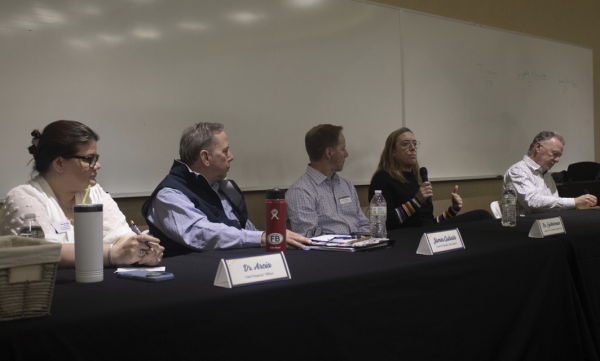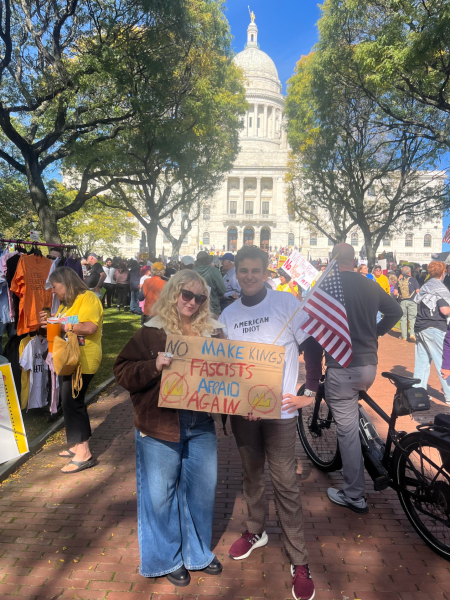Changes to Saudi Arabian Cultural Mission program
By Sydney Borges | Herald Contributor
When oil prices crash, most people do not think about how it will affect their education; but, for thousands of Saudi Arabian students, this is a concern. Specifically, it is a concern for those who are a part of the Saudi Arabian Cultural Mission (SACM) at Roger Williams University.
The $6 billion King Abdullah Scholarship Fund is placing restrictions on which universities students receiving their funds are allowed to attend. Under these new regulations, the scholarship will only pay for students attending one of the top 100 universities globally, or studying in a program rated in the top 50 in its field.
Furthermore, the Saudi government has enacted a limit on ESL studies in the U.S., which has limited the total number of sponsored students that are being sent abroad. Unfortunately, both of these restrictions will have an impact on Saudi Arabian students studying at Roger Williams University.
“The change in this policy, along with an overall decline in international student interest in the United States, led Educational Language Services ( ELS) to close a number of ELS Centers across the country, including here at Roger Williams (June 2017),” said Vice President of Student Life John J. King.
He added, “In an effort to maintain connection with ELS, the University agreed this past summer to enter the ELS University Conditional Admission Network (“ELS UCAN”) of U.S. institutions for the purposes of promoting the university worldwide and of attracting academically admissible students.”
Cassidy Hammond, the assistant director of International Student Life, and Brian Williams, the vice president for Enrollment Management and Marketing, shed further light on the situation.
According to Hammond and Williams, the program began in 2005 and peaked at RWU between 2011–2013. While they were never officially notified by SACM, they were made aware of this change in the winter of 2016 when the news became public worldwide.
One of the major downsides of these restrictions for the RWU community is a loss of diversity. In response, RWU will be shifting some of its admission and recruitment efforts to help the student body remain international.
Associate Director of Admission and Coordinator of International Admissions Bill Abbate shared examples of how RWU is striving to resolve this potential issue.
“As a part of our current international recruitment efforts, RWU is now traveling internationally more frequently and to more countries than in the past,” Abbate said. “Since September of 2016, we have visited with students in 24 different countries with plans to visit several more before the end of the year.”
He continued, “Additionally, RWU has entered into working agreements with more ESL schools in both Providence and Boston. As more international students are coming to study in U.S. high schools, we have identified those high schools in the region with larger international populations and have offered additional assistance to those students and guidance counselors. RWU has also ventured into working agreements with independent international recruiting organizations in specific global locations to assist in representing the university.”
Senior Bader AlGasem was among the last students to be approved for SACM funding prior to the program changes.
“I am definitely relieved and feel privileged to have this scholarship, because it’s a really great program,” AlGasem said, adding that the new stipulations to the program funding may motivate other Saudi Arabian students looking to study in the U.S. to work harder to get into an even better school.
AlGasem shared that his friends who applied after he did were encouraged to study at home in Saudi Arabia, especially as the number of institutions in the country have been growing due to how highly valued education is in Saudi Arabia.
Although current Saudi Arabian students at RWU will remain funded, SACM program changes are poised to affect the number of incoming Saudi Arabian students on campus.
However, Abbate discussed, it is hoped that the university will be able to maintain and nurture a thriving international campus community regardless of what restrictions are thrown its way.





